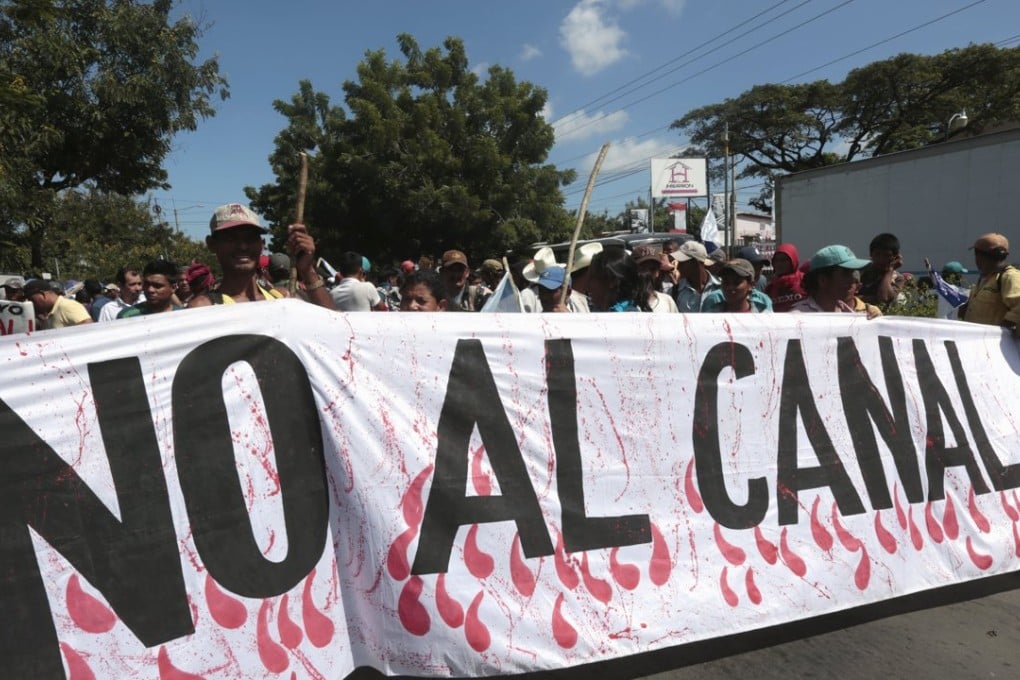Chinese company postpones US$50 billion canal project in Nicaragua as chairman’s personal fortune tumbles

A Chinese company said it is delaying the start of construction on a US$50 billion inter-ocean canal across Nicaragua until late 2016.
The Hong Kong-based developer, HK Nicaragua Canal Development Investment Group (HKND), got approval for environmental studies fir the canal earlier this month. But on Wednesday, a company statement said that “the construction of locks and the big excavations will start toward the end of 2016.”
The company gave no reason for the delay, but said that “the canal's design is currently being fine-tuned".
Wang Jing, chairman and chief executive of HKND Group, who is using his personal fortune to help fund the Nicaraguan challenger to the Panama Canal, has seen his net worth tumble following the equity market slump in China.

The telecommunications entrepreneur was listed among the world’s 200 richest people with a net worth of US$10.2 billion at the peak of the Chinese markets in June, according to the Bloomberg Billionaires Index.
However, following the fall in the stock market his net worth has since fallen to only US$1.1 billion, Bloomberg reported in October.